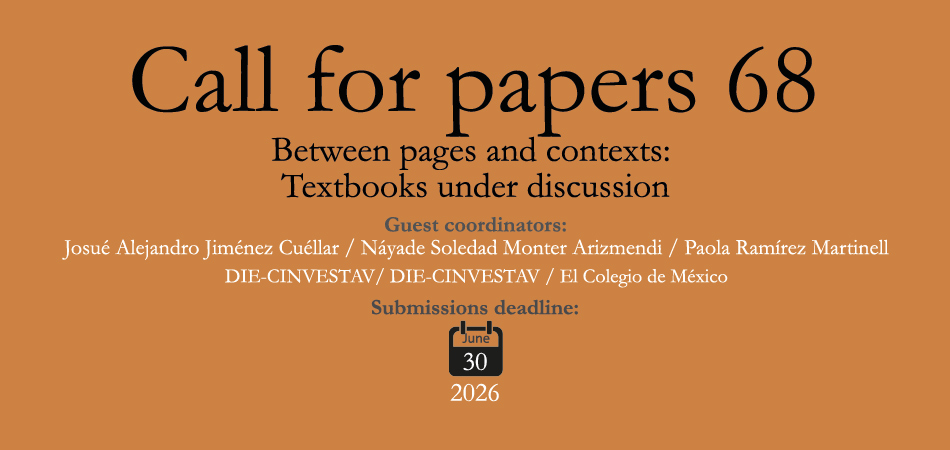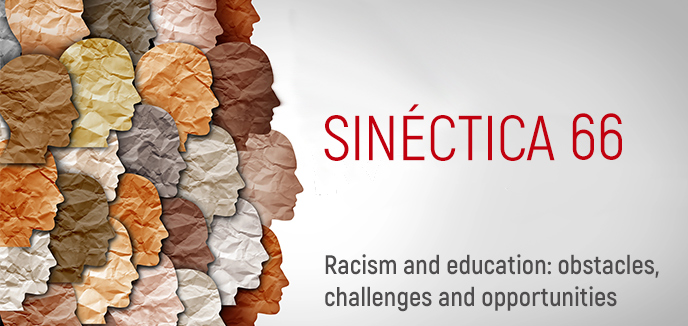About the journal
Sinéctica is an ongoing journal that publishes articles in Spanish, English and Portuguese. It inaugurates issues in January and June.
In Sinéctica there are no fees charged to authors for the submission, processing and publication. In addition, the contents are available in full text and without restrictions.
























